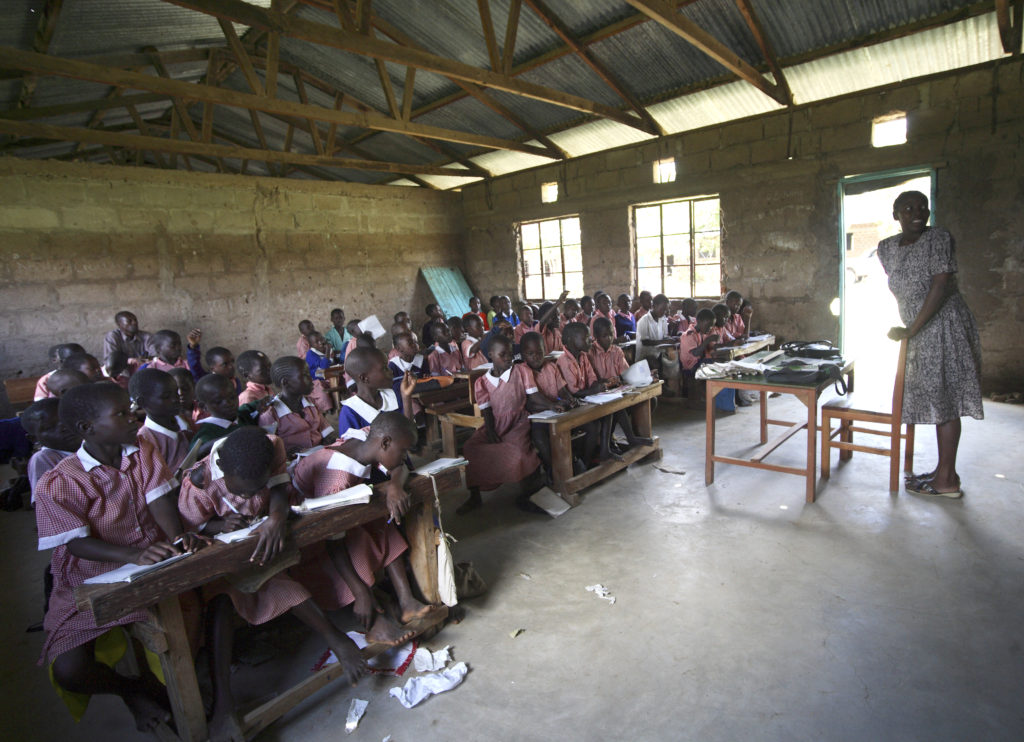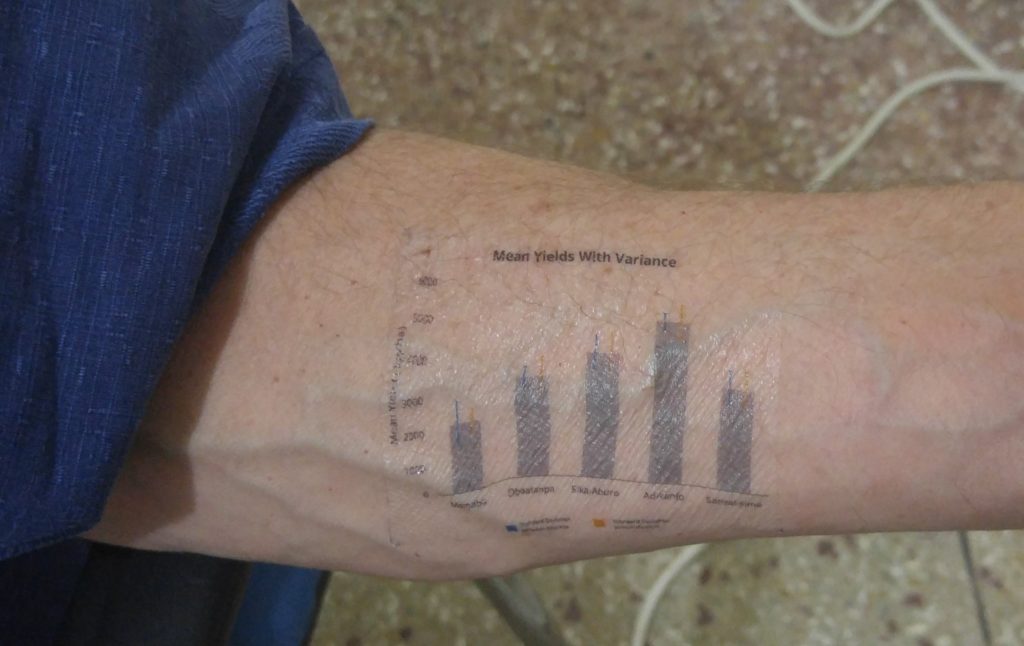Guest Post by Jeff Mosenkis of Innovations for Poverty Action. Alex Tabarrok summarizes the story from the new book on RCTs, Randomistas, about how TOMS shoes invited an external evaluation of their program giving away shoes and discovered it wasn’t helping recipients very much. This isn’t that unusual in development, but faced with the evidence, they agreed to be named in the paper and be public about it, and tried to figure out how to use the insights to do better. (See study author Bruce Wydick’s thoughts on it from 2015 as well) The Gates Foundation announced a new million effort to improve education in India and sub-Saharan Africa. At a recent event Bill Gates said “Amazingly, we thought education would be easy, and health would be hard.” The World Bank’s IFC has a new report
Topics:
Jeff Mosenkis (IPA) considers the following as important: academia, Africa, Bill Gates, Colombia, development, Economics, Education, FARC, Finance, gender, history, India, links, lottery, miscellany, news, post-conflict, psychology, Research, TOMS, trauma, twitter, violence, women
This could be interesting, too:
Lars Pålsson Syll writes Schuldenbremse bye bye
Lars Pålsson Syll writes What’s wrong with economics — a primer
Lars Pålsson Syll writes Krigskeynesianismens återkomst
Lars Pålsson Syll writes Finding Eigenvalues and Eigenvectors (student stuff)
Guest Post by Jeff Mosenkis of Innovations for Poverty Action.

- Alex Tabarrok summarizes the story from the new book on RCTs, Randomistas, about how TOMS shoes invited an external evaluation of their program giving away shoes and discovered it wasn’t helping recipients very much. This isn’t that unusual in development, but faced with the evidence, they agreed to be named in the paper and be public about it, and tried to figure out how to use the insights to do better. (See study author Bruce Wydick’s thoughts on it from 2015 as well)
- The Gates Foundation announced a new $68 million effort to improve education in India and sub-Saharan Africa. At a recent event Bill Gates said “Amazingly, we thought education would be easy, and health would be hard.”
- The World Bank’s IFC has a new report about how great Uber is for women, funded by Uber (see Justin Sandefur on this).
- In Colombia, psychologists and neuroscientists are jumping into action around the FARC demobilization to understand how years of violence affect the brain and how to best reintegrate former fighters back into mainstream society.
- On the 80,000 Hours podcast, Eva Vivalt discusses some hard truths she’s come to realize as the founder of AidGrade and in her own research aggregating development economics findings. Many interventions don’t work, and those that do often don’t replicate, but she doesn’t think that means we should give up. I have a friend in drug development, and it’s a running joke that every drug he’s worked on fails (only after years of work and millions of dollars spent), but he doesn’t give up on the enterprise of curing disease.
- Vivalt suggests that the process could be helped along by a mechanism where researchers could tap the wisdom of the crowds, polling colleagues for their priors, and what programs they think would replicate. Other research has shown prediction markets among researchers can work well for predicting which studies would replicate.
- A new working paper put out by the Philadelphia Fed finds the neighbors of lottery winners in Canada become likely to go bankrupt. The suggestion is that neighbors are trying to keep up with the Joneses, spending more on visible things like cars, and putting more money into riskier investments like stocks. (Summary in Bloomberg).
- Researchers put out a call to talk to women academics who’d been harassed online. They assumed they’d hear from researchers working on controversial topics, but it turned out just being a woman and having an opinion was enough to get harassed.
- I went to find one of my favorite young economists on twitter the other day to credit her, and found out she’d left twitter, which turned out to be in part b/c of these issues. Dina Pomeranz and Sue Dynarski (both awesome online role models) remind us that you don’t owe anybody uncivil your time or attention, but the rest of us also have an obligation to call out bad behavior when we see it, and the article above has some helpful tips.
- Netflix is trying to develop more African content.
Good economists wear their dedication on their sleeves, Chris Udry wears his below his sleeve. Here’s the results of one of several experiments in Ghana to help farmers increase the amount of food they grow, in temporary tattoo form (the two bars represent inter- and intra- village variation).

